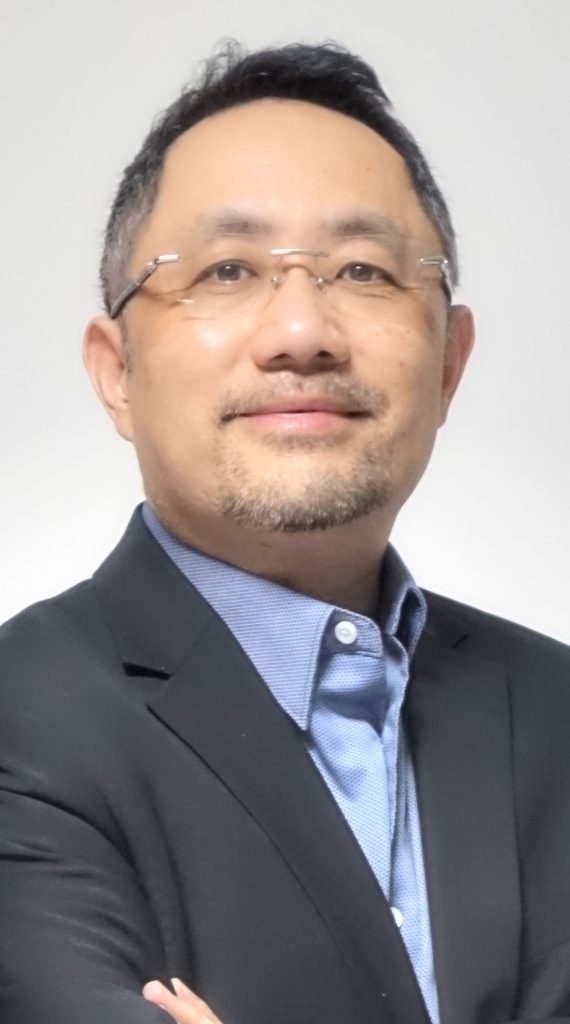John Yang, VP, Progress, APJ, speaks to us about life inside and outside of the office.
Can you describe your current job role?

I am the Vice President for APJ of Progress, a trusted provider of infrastructure software and a specialist in areas such as digital experiences, cybersecurity and high-impact business applications.
My number one responsibility is to ensure Progress’ operations in APJ deliver optimal revenue and margin. But this doesn’t come by itself. I believe that financial gain is only an after-effect of prioritising customer satisfaction and employees’ happiness, which is why people are a big priority for me.
Besides spending a lot of time on those areas, my role is to ensure that the APJ region – a big market with dispersed geography and diversified cultures – aligns with Progress’ ambitions and goals globally.
I am also in charge (and passionate) about staying on top of industry trends and what customers in the region need. Technology is quickly evolving and so are our customers’ challenges and needs, especially digital experiences. For them to succeed they need to be able to rely on technology partners that understand their specific needs and help them deploy technology that is fit for purpose and matches their broader business strategy.
What would you describe as your most memorable achievement?
I have very much a ‘fixer’ and I don’t mind a challenge.
Early in my career, I was assigned to manage a new sales territory which had three-quarters of continued decline, followed by the departure of the previous manager. I took the job, worked hard, turned around the decline and, three-quarters later, achieved the highest ever revenue for that territory.
There were a few times when I had to overcome similar challenges, such as starting an enterprise software business in APAC from scratch – zero customers, zero brand awareness. I always followed through and turned them into successful businesses with over hundreds of customers. These sorts of challenges are hard. But with determination and persistence, you can achieve great results, as well as learn a lot on the way, such as building resilience.
What style of management philosophy do you employ in your current position?
My philosophy of management for leading a team is about caring, coaching, empowering and encouraging. I like to be straightforward with my team.
Years ago, I read a book called Whale Done, which was amazing. Since then, I continue to find more proof for the principles in the book, which helps me value people more.
What do you currently identify as the major areas of investment in your industry?
Honestly, now is a tough time for making IT investment decisions and we, as an industry, are facing a big dilemma.
On one hand, this is an exciting time because more organisations want to reap the benefits of Digital Transformation. Everyone wants to modernise legacy apps, look for apps embedded with intelligence to drive business growth, enhance infrastructure and operations and increase security and compliance.
On the other hand, we are facing great economic uncertainty, amplified by inflation and manpower shortages. In such a situation, I would plan for the worst and be cautious about projects that require large financial commitments. I would prioritise investments aimed at ‘doing more with less’ and investments that can be implemented in a short period, bringing a level of certainty in ROI delivery.
If you could go back and change one career decision, what would it be?
Early in my career, I was given an opportunity to run a software company – a joint venture between technology in the US and local markets in my region. However, I didn’t take the opportunity. Looking back that was truly an opportunity to become an entrepreneur and create a billion-dollar software unicorn in Asia.
What advice would you offer somebody aspiring to obtain a C-level position in your industry?
The first advice I would give is to stay focused on learning the company’s business. No matter what part of the C-level function you aspire to attain, you need to stay close to the company’s direction and the CEO’s vision.
Secondly, pay attention to people and communication – see things from an employee’s perspective, reflect and learn how to deliver your ideas more effectively. I believe that a big part of commercial success is tightly linked to ensuring customers and employees are happy.
What behaviour or personality trait do you most attribute your success to, and why?
This is a tough question as I feel I’ve got to where I am because of my hard work and persistence rather than because of a personality trait. However, I try to look for the good in people – colleagues, customers and partners. I also try to give every business a chance, which I think is a mindset that helps open more doors and opportunities.
What’s your go-to productivity trick?
Procrastination is one of the things I need to work on – it’s easy to get stuck with a difficult report or presentation and not start working on it until the deadline is close. My personal trick is not to fight with my inner self as this is what sets me up for failure. When I feel it’s time to start working, I put on classical music, go into my bubble and work on the task for ten minutes at a time so I don’t overpressure myself. It often turns out that after those 10 minutes have passed that I’m in a flow and naturally keep going until the task is done.
Click below to share this article

